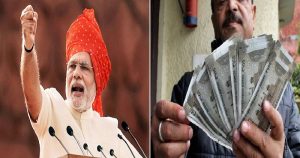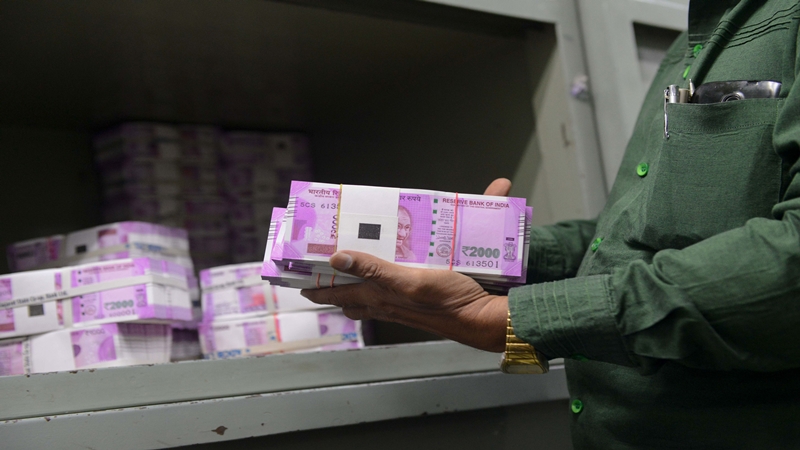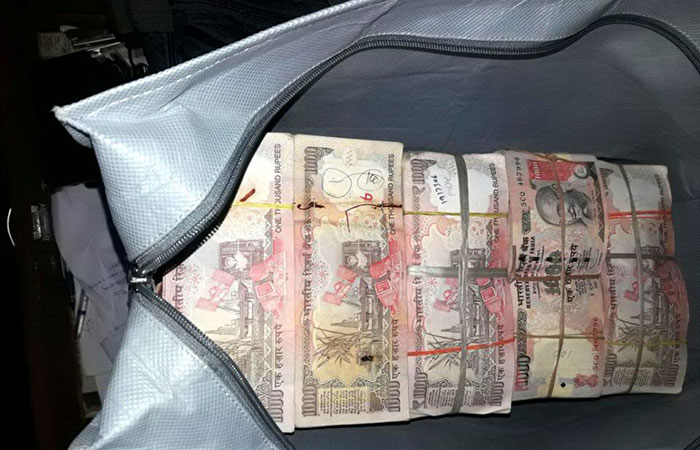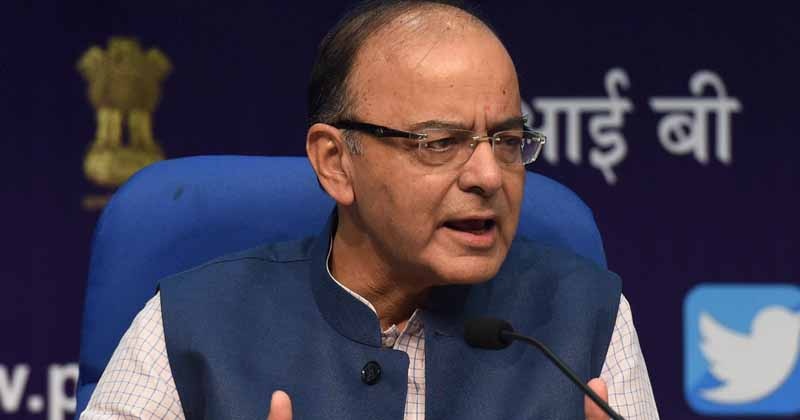
After Demonetisation Move, Now Pay 100% Penalty For Cash Transactions Above 3 Lakh – Central Government
Ever since the demonetization has been announced, there were many twists and new schemes announced by the Modi government to mainly attack to its best on black money holders and to curb corruption in the economy.
The Modi government is trying some or the other way to make people declare their undisclosed income(black money) and pay taxes accordingly.
Now, again to check generation of black money, the government has announced the latest move that,
Anyone who is transacting in cash above the newly imposed limit of Rs 3 lakh will have to pay a penalty of a similar amount.(i.e 100% penalty)
Yes, all those who are now dealing with large transactions of cash for their business are likely to be affected the worst by this rule which will come to force from 1st April 2017 where any cash transaction above Rs 3 Lakh will be fined with a penalty of 100%. This rule can be considered as an extension of ‘Demonetization’.

The most interesting part of this rule is that the penalty will be paid by the one receiving the cash and not by the one paying it. So in an ideal layman scenario, it will be the shopkeeper who would be paying Rs 3 Lakh if he accepts the payment in cash for selling a product worthy of Rs 3 Lakhs or more.
In an interview on Sunday, Revenue Secretary Hasmukh Adhia said:
“Supposing you do a transaction of Rs 4 lakh in cash, then the penalty would be Rs 4 lakh. If you do a transaction of Rs 50 lakh, penalty would be Rs 50 lakh.”
The decision taken by the Government has been influenced by the considerate amount of inflow of ‘unaccounted money’ into the financial system. And hence, in order to stop such more ‘future generations’ of unaccounted money, the 100% penalty has been imposed.

This latest move mainly means that the purchase of every luxurious item like car, watches, houses and much more will be tracked and accountable to the government.
Even during the Budget proposal on 2017-18, Arun Jaitley had proposed to insert the Section 269ST in the Income-Tax Act that states “no person shall receive an amount of Rs 3 lakh or more by way of cash in aggregate from a person in a day; in respect of a single transaction; or in respect of transactions relating to one event or occasion from a person”.

However, the restriction will not be applicable to the central government, banking institutions, post office savings and co-operative banks.
What do you think of this latest move by the government? Isn’t this a good initiative taken by the Government to curb the problem of black money and promote digital transactions?
Let us know your views in the comments section below.